Litihl
Title: "The Lake", Year:
2008, Technique: Based on chromogenic print, di-bond and plexi mount.
Size:125*125, Edition of 3 plus 2 AP; 2/3 available.
Size: 100 x 100 cm, Edition of 5, plus 3 AP;
4 available
Title: "Scarlet and Gold",
Year: 2008, Technique: Based on chromogenic print, di-bond and plexi
mount. Size:180*84, Edition of 3 plus 2 AP; all available.
Size: 165 x 77 cm, Edition of 5, plus 3 AP;
5 available
, Title: "Lamia (The
Desert), Year: 2009, Technique: Based on chromogenic print, di-bond and
plexi mount. Size:125*125, Edition of 3 plus 2 AP; 2 available.
Size: 100*100 cm, Edition of 5, plus 3 AP;
4 available.
Title: "Bathers", Year:
2008, Technique: Based on chromogenic print, di-bond and plexi mount.
Size:180*125, Edition of 3 plus 2 AP; 3 available.
Size: 118 x 78 cm, Edition of 5, plus 3 AP;
4 available
ellen-k
Lisa Holden (1961) is a British-born
artist based in Amsterdam, the Netherlands. Her earlier visual work
explores notions of the self as a series of estranged identities-guises
adopted and appropriated, and dependent upon context. Holden has been
integrating performance art, painting and drawing, photography and
video, and digital manipulation of these combinations of forms in a
manner that is clearly advancing the parameters of art photography and
creating a new art methodology/language in the process.
She combines digital imagery with
hand-painted layers to create ‘parallel realities’, referring to the
exploration of displacement, adoption and the reinvention of identity as
a necessity for survival. Holden’s large-scale, ‘digitally flawed’
painting-photographs interpret and react to our super-fast-paced,
technologically driven society. The result is the artist’s depiction of a
psychological spiral into more personal fracturing of identity,
multiple transformations, and a more isolated self and society. New
works clearly bear the stamp of Holden’s interest in Victorian painting
and literature, which often illustrated richly colored fantasies and
hallucinations.
A work is created first on the basis of
footage shot by the artist (using either a digital still camera or a
digital video camera) and is often based on and documents a separate
performance art event. The artist frequently takes her own image as the
basis of the image. Integrating the digital artefacts randomly
generated by the repeated layering process noted below into the final
composition, her portrait becomes obscured, iterating the artist’s
ongoing interest in notions of identity, alternate personas and
constructed reality.
In the process of making the
composition, the artist prints out the image on photographic paper and
draws and paints on it, then scans the hand-manipulated image back into
the computer. Parts of this hand-painted image are then integrated into
the composition on the computer. This process of combining the
hand-painted and the digitally-painted sections is repeated–often
multiple times. There are often as many as 30-40 digital layers. Then,
when the artist feels the image is more or less finished, she has it
printed up at full scale, which is often several meters in size.
In her latest series, Holden explores
the myth of Lilith. To some, mythological Lilith is the beautiful
bearer of disease and death. To others she is Lamia, seductress,
stealer of children. She is also Adam’s first wife. In today’s
turbulent times, the myth of Lilith seems an apt starting point. Taking
myths surrounding feminine icons like Lilith, Lamia and Danae as her
inspiration, Holden’s latest body of work explores aspects of duality:
beauty and destruction, the flesh and the spirit, order and chaos. This
juxtaposition of opposites is echoed in her multi-layered compositions,
which sample imagery from early studio photography, classical painting
and consumer culture. The final pieces blend analogue and digital
imaging, photography and painting where Holden exploits her media and
materials to full potential.
Holden’s work is represented in a number
of museum and corporate collections, including the Peabody Essex
Museum, Salem, MA; Sammlung Land Tirol (Austria); GasUnie (NL); the
Dutch Ministry of Foreign Affairs; AKZO NOBEL (NL); ABN; AMRO; and
Interpolis.
A selection of Holden’s work was also
chosen for use on the cover of the Dutch translations of the novels of
2004 Nobel laureate Elfriede Jelinek.

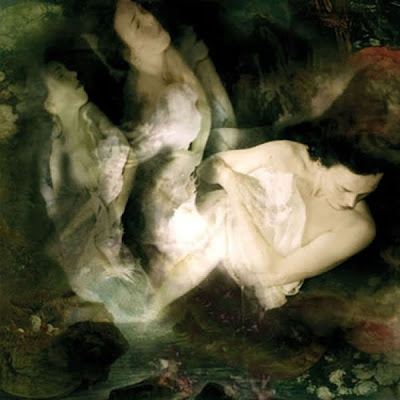



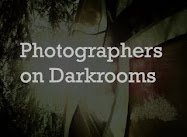

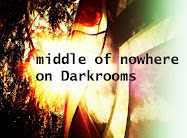






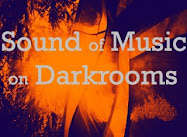


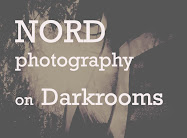







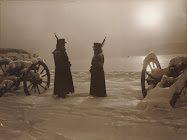



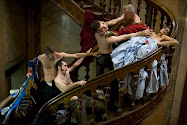



These works are quite amazing, unusual,original, thank you for sharing them. M Canada
SvarSlettfantastic works!!!
SvarSlett